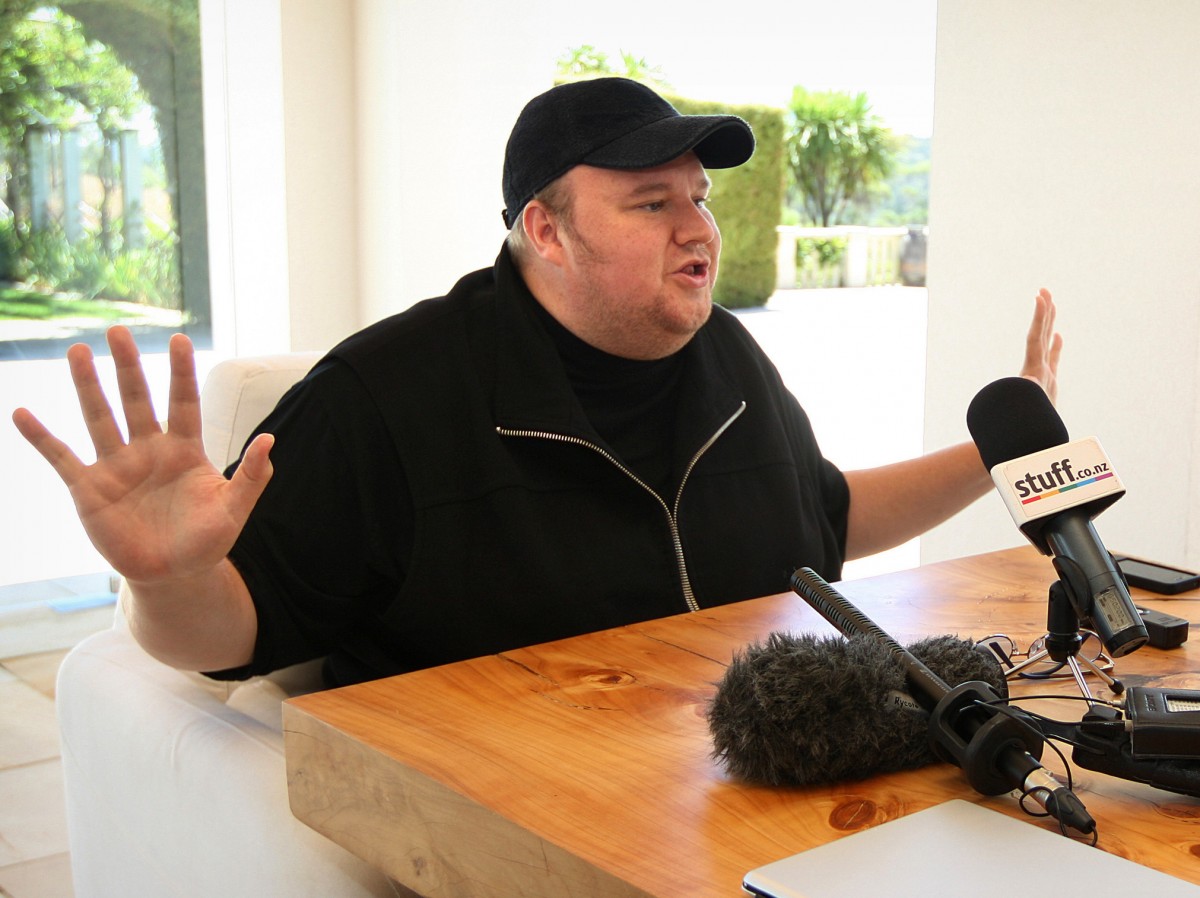
New Zealand was the latest target for the global hacktivist network Anonymous, which temporarily disabled the websites of the prime minister, finance minister and deputy leader of the National Party in response to a surveillance bill that appears to be on a path toward enactment into law.
The proposed surveillance bill would allow the Communications Security Bureau to provide information and support to the police, Defense Force and Security Intelligence Service, streamlining the flow of information and eliminating a veil of privacy for New Zealanders.
“The new law allows to spy on New Zealanders without a warrant,” the Anonymous video states. “(Prime Minister) John Key, do you think you can pass a new law without a majority of New Zealanders behind it?”
Keys argues that streamlined enforcement operations are necessary in the age of upgraded cybersecurity.
Following the Anonymous hack, Key fired back, claiming the actions were illegal.
“It’s pretty juvenile behavior in my view,” he said in an interview with Radio New Zealand. “These people are obviously doing something that’s illegal and inappropriate. They’re trying to make their own political point, but their point’s wrong.”
While the Anonymous hacking operation drew enhanced global and national attention to the surveillance bill, the move isn’t favored by all within the privacy advocacy community of New Zealand. Anonymous’ critics include Kim Dotcom, founder of MegaUpload and a staunch critic of the surveillance bill.
Dotcom took to Twitter to lambast the hacktivist organization, writing, “Dear Anonymous NZ, hacking National Party websites is just giving John Key a new excuse to pass the #GCSB bill (cybercrime). Please stop it.”
Dotcom is being eyed by the U.S. for copyright infringement and money laundering, and has been subject to New Zealand police raids and government snooping. According to the Australian Broadcast Corporation, the U.S. claims his company cost copyright owners more than $500 million by offering their content free of charge.
The proposed New Zealand surveillance bill is directly linked to the government’s efforts to take Dotcom down. Before his house was raided by police, he claims the government had been spying on him and working in coordination with law enforcement.
In a July address to a parliamentary committee hearing on the proposed security bill, Dotcom addressed the prime minister, claiming the new law would take New Zealand down the same path the U.S. has followed in terms of civilian surveillance.
“We should avoid blindly following the U.S. into the dark ages of spying,” he said, according to Russia Today. “In the end, the GCSB is just a subsidiary of the National Security Agency and the U.S. government calls all the shots.”


